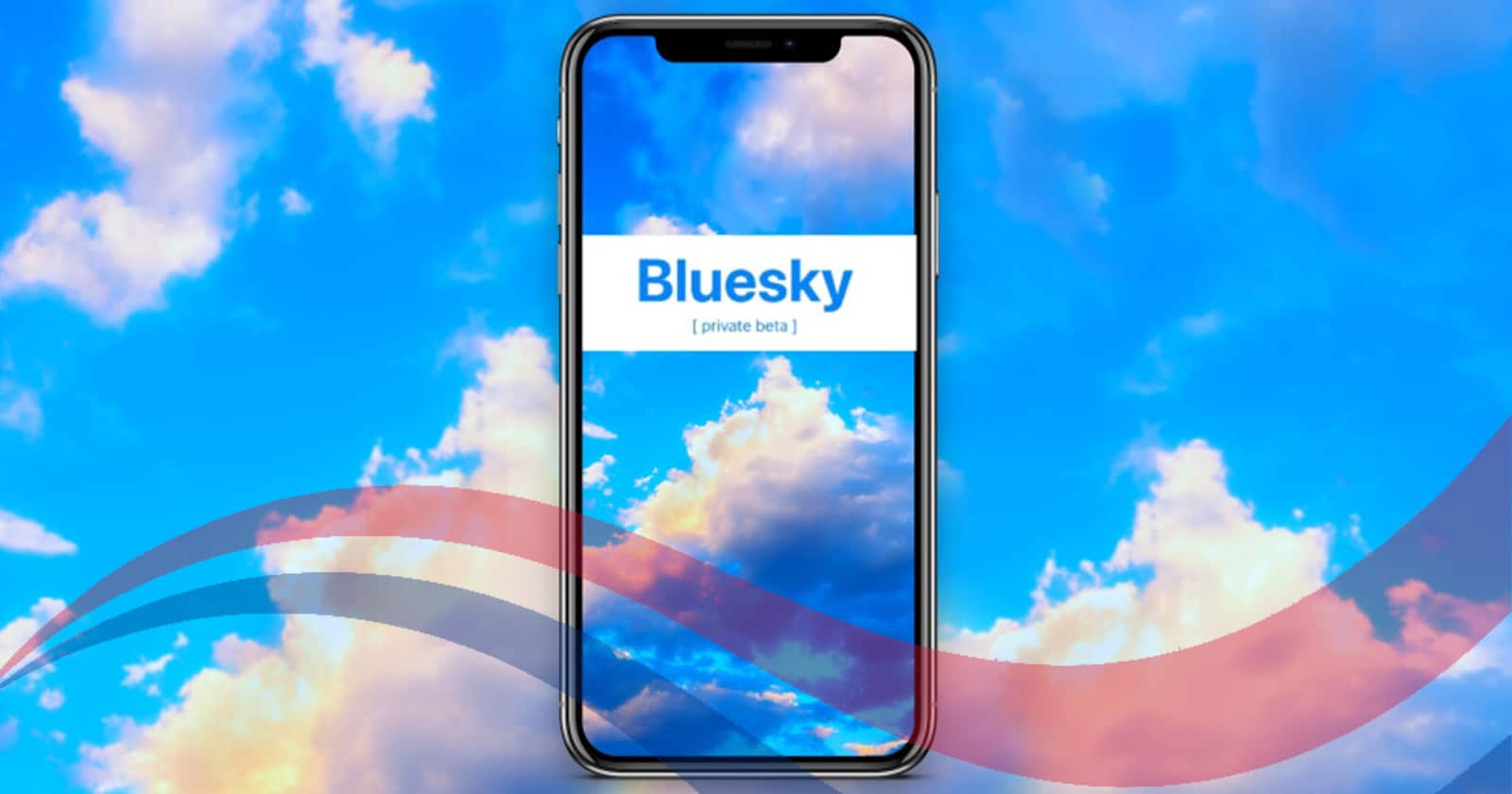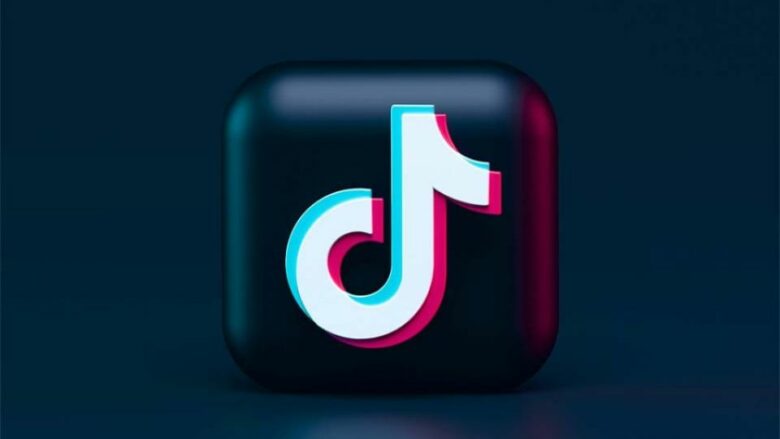
If you haven’t heard of Bluesky yet, you will soon. Although it is currently in invite-only mode, the hype around this Twitter alternative is loud despite its small size, with people on the platform praising it. Bluesky is part of a group of competitors trying to become the next great microblogging platform, which includes Hive, Mastodon, Post, Truth Social, T2, and Substack Notes.
When you log in to Bluesky, it looks like a stripped-down version of Twitter. It lacks features such as drafts, a block button, and direct messages. While it is easy to use, the interface is unoriginal, and its decentralized structure is not unique either. Mastodon also offers decentralization, but it remains a niche product.
Originally incubated at Twitter and funded by the company in 2019, Bluesky only became a standalone company in late 2021. Its decentralized structure was meant to be a selling point, as it was designed so that no one person could own or control it, and users could create their own apps and communities within it. Bluesky was also designed with interoperability in mind, allowing cross-posting from other apps in the future.
However, the most impressive thing about Bluesky is not its technical features but its cultural appeal. It has recreated an older, better era of the internet where people can have fun. It has a convivial and janky feel to it, and pseudonymous Twitter power users such as Dril and Darth are present. There are no brands or advertisements yet, and users are creating their own lingo, calling posts “skeets” and threaded posts “ropes.” It has a fizzy, infectious fuck-around energy, like everyone chugged a Red Bull on a Friday afternoon and the boss is out of town.
Bluesky has attracted some ardent Twitter power users, but it is unclear if it will appeal to the general population, news organizations, political leaders, athletes, and other voices necessary for it to function as a full-blown Twitter-style online town square. The app has convinced some that replacing Twitter is possible, but it remains to be seen if Bluesky will become the next Mastodon or the next Twitter. Regardless, spending some time on the app has shown that it is possible to capture part of what made Twitter so appealing in the first place: the sense of conversation.
Related:



